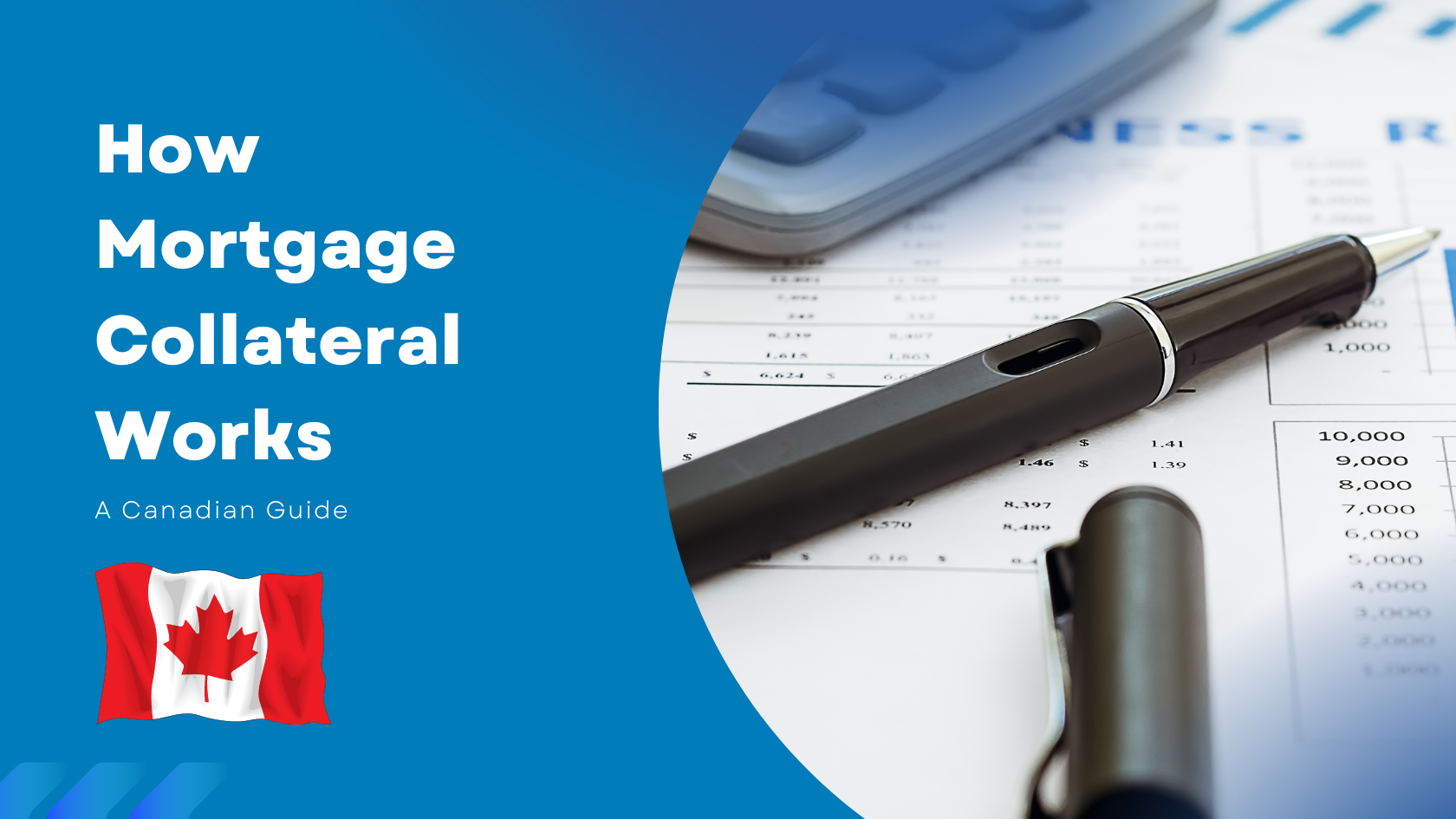Second home mortgages: Everything you need to know. The record-low interest rates in the past year have resulted in many homeowners in Canada considering buying a second property. Whether it’s a cottage, lake house, vacation property, rental property, or something else, Canadian homeowners are using their current house’s equity to qualify for a second home mortgage. Adults have even been purchasing homes for their children to rent out if they’re unable to qualify for a mortgage themselves.
If you’re considering purchasing a second home, you need to educate yourself on second home mortgage requirements. This guide will go over everything you need to know about second-home mortgages so you can make educated decisions for yourself and your family.
Table of Contents
ToggleUnderstanding What Second Home Mortgage Is
As you read about second-home mortgages, you’ll likely also see the term “investment property.” While they are both used to describe a real estate property that isn’t the homeowner’s primary residence, they are different.
An investment property is typically purchased to generate income or to take advantage of various tax benefits. This includes residential rental properties or properties you would by to “flip.” An investment property loan typically has a higher interest rate and needs a larger down payment.
A second home is a location that you plan on occupying for certain months of the year in addition to your primary home. This can be a vacation home or a condo in a major city where you often go to conduct business.
Financing Options
If you’ve crunched the numbers and have determined you can afford a second home, now is the perfect time to look into buying another property. There are a few different financing options you can explore.
Refinancing
As you’ve made continual mortgage payments on your primary residence, you’ve built up equity. Your home has also increased in value, resulting in additional equity.
You can use that current equity to refinance your house. When you refinance, you’ll replace your original mortgage with a new one. You can take advantage of a lower interest rate or find better terms.
Depending on how much equity you’ve built up, you can use those funds as a down payment on a second home.
Second Mortgage
A second mortgage is a great way to use your current home’s equity to purchase another property. Another term for a second mortgage is a home equity loan. It’s an additional loan that you secure against your current property.
What’s great about second mortgages is that you can borrow up to 85% of the total appraised value of your house. What you owe on your first mortgage is subtracted from that amount. If you’re able to comfortably make two mortgage payments a month, this is a great option.
Home Equity Line of Credit (HELOC)
You can also use a HELOC to purchase a second home. With this option, you need to have around 20% equity built up in your primary residence and a good credit score.
Since HELOC is a revolving line of credit, you can access up to 65% of your home’s total value. You’ll only pay interest on the money that you use.
SAGEN Program
One problem you can explore with a qualified lender is the SAGEN program for secondary homes. This allows you to purchase a second home at an affordable rate for as little as 5% down. This is a wonderful option if you’re unable to put down 20% for a down payment.
CMHC Program
Canada’s government also offers various incentives for homebuyers to use. This can include tax credits, rebates, and additional programs.
Frequently Asked Questions
It can be confusing and overwhelming when figuring out the ins and outs of a second home purchase. Check out some frequently asked questions below for more information.
What Are the Current Second Home Mortgage Rates?
The mortgage rate you receive for your second home mortgage depends on a variety of factors. This includes your credit score and how much money you’re putting down. The more money you put down, the lower your interest rates will be.
Is Mortgage Interest on a Second Home Deductible?
Unfortunately, the mortgage interest on your personal second home is not deductible. However, you can second home mortgage deduction applies if you purchased the property for investment purposes. That’s something you’d need to discuss with an expert mortgage lender in Canada to ensure you properly understand the intricacies of the law.
What Are the Loan to Value Requirements?
When working with a lender, you’ll hear or see the term “total loan to value.” That’s because the lender is looking at both mortgages against your primary home’s appraised value. The lender will then use this amount to determine your risk of default when more than the primary loan is being used.
Lenders typically will lend at a total loan to value of over 80% if you have a high credit rate.
Is It Difficult to Qualify for a Second Home Mortgage?
Like you did for your first home loan, you’ll need to go through the approval process for your second one. The bank won’t automatically approve you just because you already have a mortgage.
The approval process for a second home mortgage is similar to the one for your primary home. Lenders will evaluate the following information:
- Employment history
- Details about the second property
- Credit history
- Financial information
There are stricter lending rules with a second mortgage, so you’ll also need to pass a stress test. This ensures that you can afford your mortgage payment if your interest rate increases.
While the typical down payment amount is around 20%, you can utilize some of the programs we discussed above to lower that amount.
Connect With Lend Today
Now that you have a basic understanding of how a second home mortgage works, it’s time to get started. Partnering with a qualified loan company is essential to ensure your mortgage is in good hands.
Contact our office today to book a free consultation.
- All About Power of Sale For A Mortgage in Canada - April 18, 2024
- Personal Loans and Home Equity Loans for Canadian Homeowners - April 3, 2024
- How Reverse Mortgage Loans Work - April 2, 2024






